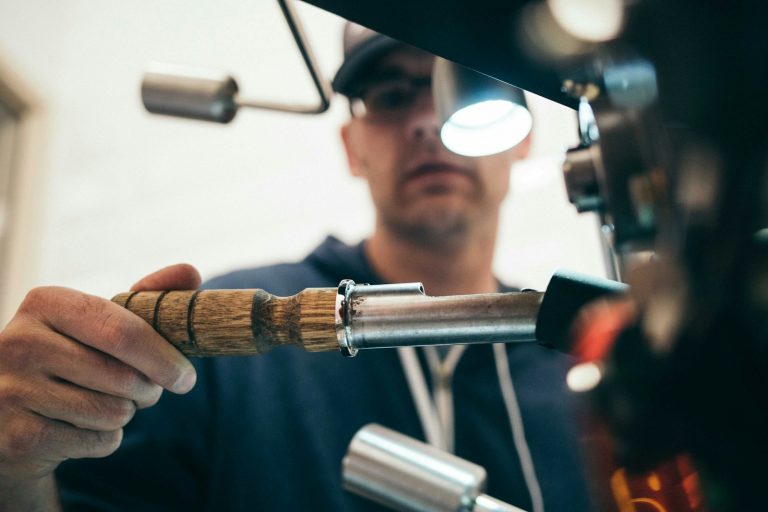Your plumbing is one of those things you don’t notice on a day-to-day basis. That is, until something goes wrong. Not only can a plumbing mishap be messy, it can also get expensive.
There’s no way to guarantee that you’ll never have to call a plumber, but if you go easy on your system with these five tips, you can keep everything flowing exactly the way it should.
Insulate Your Pipes
A frozen pipe can be disastrous. Not only does it stop the flow of water in your home, frozen water expands, which means it can make your pipes burst, causing a leak.
It’s important to insulate your pipes in cold climates, like Colorado, so you don’t have to call in an emergency Colorado Springs plumber, but pipes in warmer climates should be insulated too. Anywhere the temperature has the potential to go below freezing, the pipes should be insulated.
You can prevent some pipes from freezing, especially in subzero temperatures, by increasing airflow. All you have to do is open the cabinet doors under sinks or open basement closet doors where pipes are hidden to help warmer air flow through, decreasing your chances of ending up with frozen pipes.
Watch What You Flush
What you can and can’t flush down the toilet isn’t as obvious as it seems. For example, flushable wipes actually shouldn’t be flushed down the toilet. They don’t break down quickly, which makes them easier to get stuck in drains and cause clogs.
There are plenty of other things you shouldn’t flush down the toilet either, like:
- Paper towels
- Tissue paper
- Cotton balls
- Feminine products
- Medication
- Kitty litter
Flushing too much toilet paper can cause problems too! Use only what you need, flush more than once if you have to, and always flush after every trip to the bathroom to prevent clogs.
Don’t Use Chemical Drain Cleaners
There’s no denying that chemical drain cleaners are quick and affordable. The trouble is, they have the potential to damage sinks, pipes, and septic systems. They can be especially dangerous to pipes in older homes that were built prior to the 1970s, and they can kill helpful bacteria in your septic tank, which leads to waste buildup.
That’s not all. Drain cleaners are not guaranteed to clear your clog. It can’t take care of things like hair or items, like coins, that have gone down the drain. Sometimes it clears the problem, but then it reappears because it can’t solve the underlying issue.
In addition, drain cleaners are generally not very environmentally friendly. In order to take care of tough grease and grime, they have to contain ingredients that harm the water supply. Not to mention, the plastic bottles they come in end up in the landfill.
Try using natural materials, like baking soda and vinegar, the next time your drain is clogged.
Be Nice to Your Garbage Disposal
It’s true that your garbage disposal can make short work of some food scraps, but it shouldn’t be a catch-all for everything. There are plenty of things that shouldn’t go down the garbage disposal, like:
- Coffee grounds
- Pasta
- Rice
- Bread
- Onion layers
- Egg shells
- Potato peels
- Grease, oil, and fat
If you do put these types of items down your garbage disposal, it’s only a matter of time before you start experiencing some plumbing problems. Instead, it’s a good rule of thumb to scrape off any and all scraps in the garbage first, leaving the garbage disposal to take care of what can only be rinsed off the plate.
Take Care of Your Water Heater
Your water heater works hard to warm the water in your home, but because it works so hard, it can end up getting run down if you aren’t careful. Do yourself and your family a favor and take care of your water heater before it breaks and you’re left without hot water.
One of the best things you can do is flush your water heater at least once a year to get rid of sediment buildup. You can also check the anode rod for corrosion. Get a professional to come and help if you aren’t sure how to do it yourself.
Your plumbing is tough, but it isn’t invincible. When you know what to do—and what not to do—to take care of your plumbing systems, you can make sure your pipes flow freely and your water is warm and comfortable for many years to come.



0 Comments